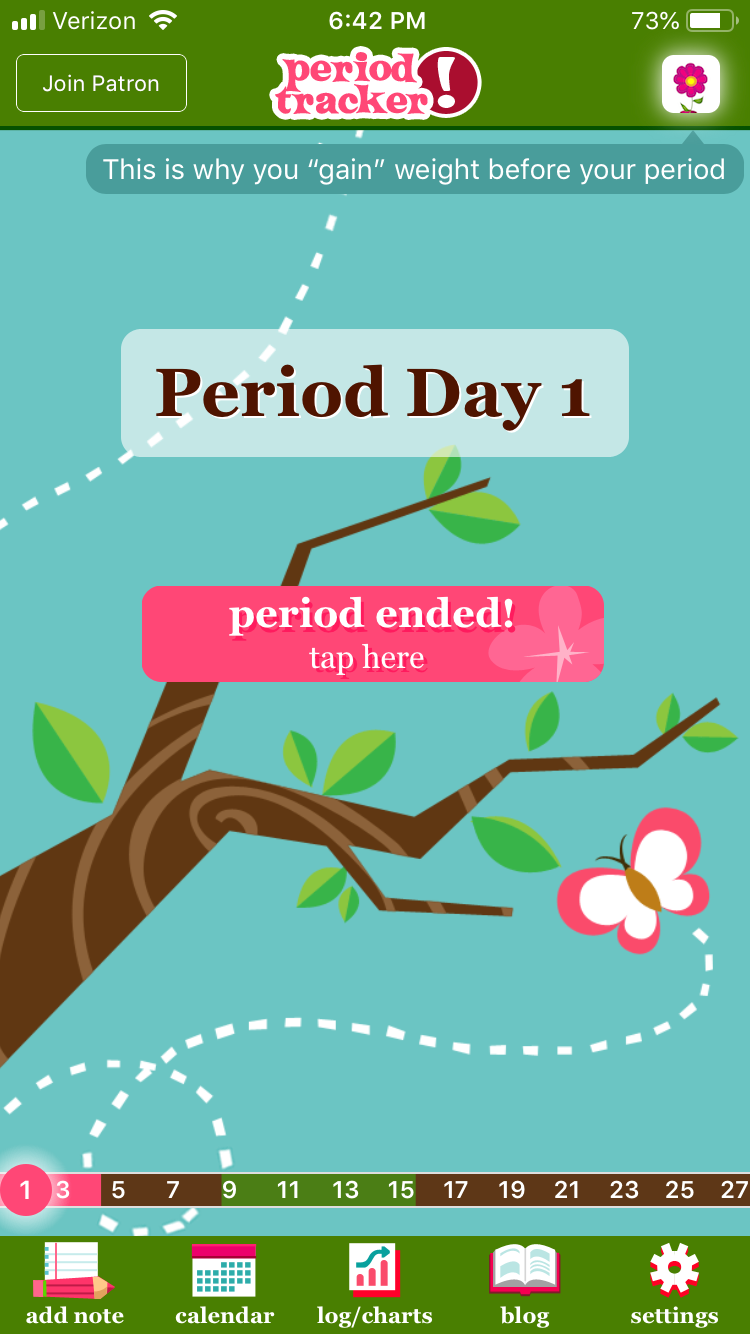This is a free version of Evil Witches. If you like it and want to see all of it, not just the freebies and are not yet a subscriber, subscribe!
I was feeling crappy the other week and chalked it up to ovulation (surprise twist: It was ovulation and strep throat.) Before I had kids I didn’t much notice my cycle but then between being forced to track it due to trying to conceive, and now just plain old age, it’s painfully obvious wherever I am in my cycle.
I looked up why it might be that I felt worn down when I ovulate and what I can do about it. I wasn’t happy with the articles I found on how your cycles make you feel. They all seemed to advocate doing something I don’t want to do or giving up something I love and all seemed to dance around the topic of menopause as if it was cancer.
Here is a summary of one guide to cycles I found in Woman’s Day, emphasis mine:
Menstrual
How it makes you feel: The physical symptoms during this phase vary from woman to woman, though it typically includes bleeding, abdominal cramping, and bloating.
How to feel your best during this phase: Avoid caffeine??????Follicular
How it makes you feel: Increased hormonal activity means you may have clearer thinking and better coordination.
How to feel your best during this phase: Consider brainstorming or problem-solving???????Ovulation
How it makes you feel: Women feel more energy, more sex drive, and often they notice more cervical mucus.
How to feel your best during this phase: Take the time to try to reconnect with your lover???? Also, if you are going through menopause, IDK??????????Luteal
How it makes you feel: PMS.
How to feel your best during this phase: Avoid sugar, salty foods and exercise a lot????????????????
Here is how I would rewrite that guide:
Menstrual
How it makes you feel: Gross.
How to feel your best during this phase: Go to your dark cave.Follicular
How it makes you feel: Slightly less gross but still kinda gross.
How to feel your best during this phase: Go about your business because it’s not really like you have a choice anyway, right?Ovulation
How it makes you feel: Messy.
How to feel your best during this phase: Call up your good friend whom you can talk to about this gross time of month. Also, if you are going through menopause, can you tell us, does anything get better or it’s just a constant downgrade to hell?????Luteal
How it makes you feel: PM fucking S.
How to feel your best during this phase: Go back to the dark cave, roll up the rock and don’t let anyone in.
This issue is dedicated to anybody who ever had a cycle in her life, and to the memory of anyone who got in the way during a cycle.
~Claire
Y R Spouses: Rage

Cooking: Rage
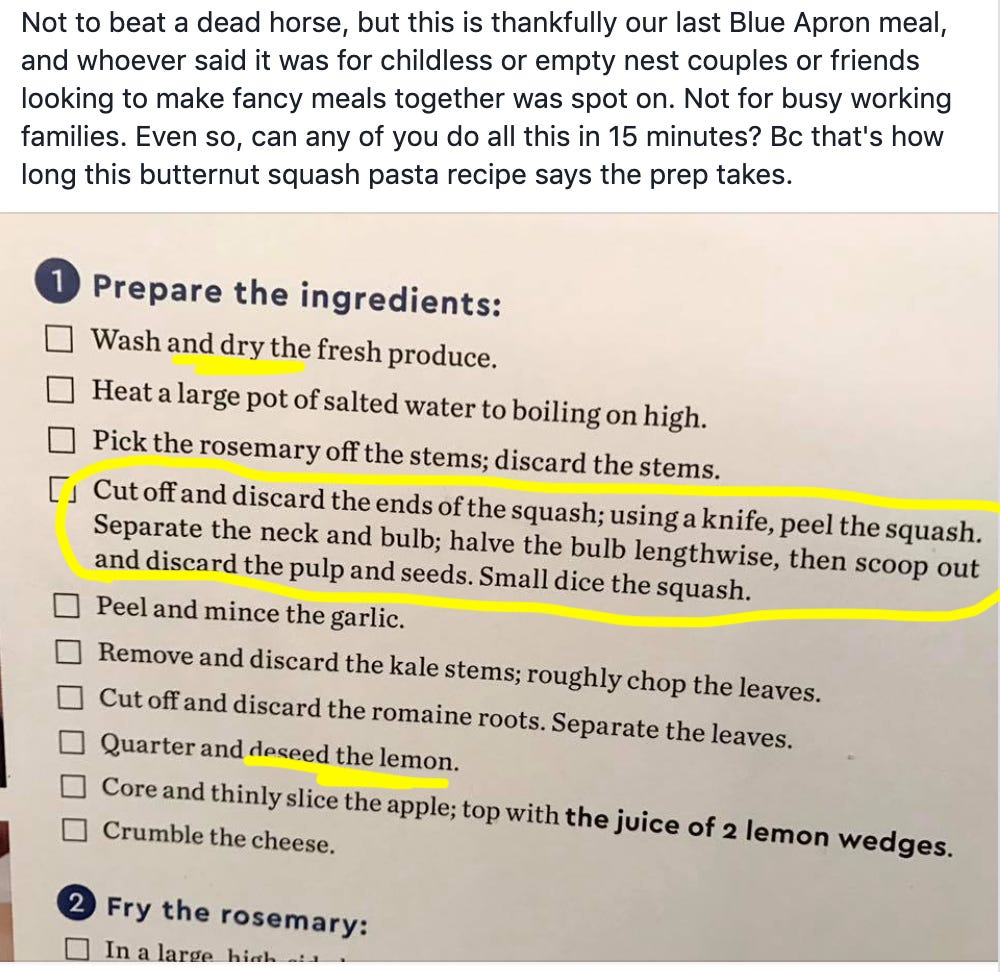

Work: Rage


House and home: Rage, rage, rage
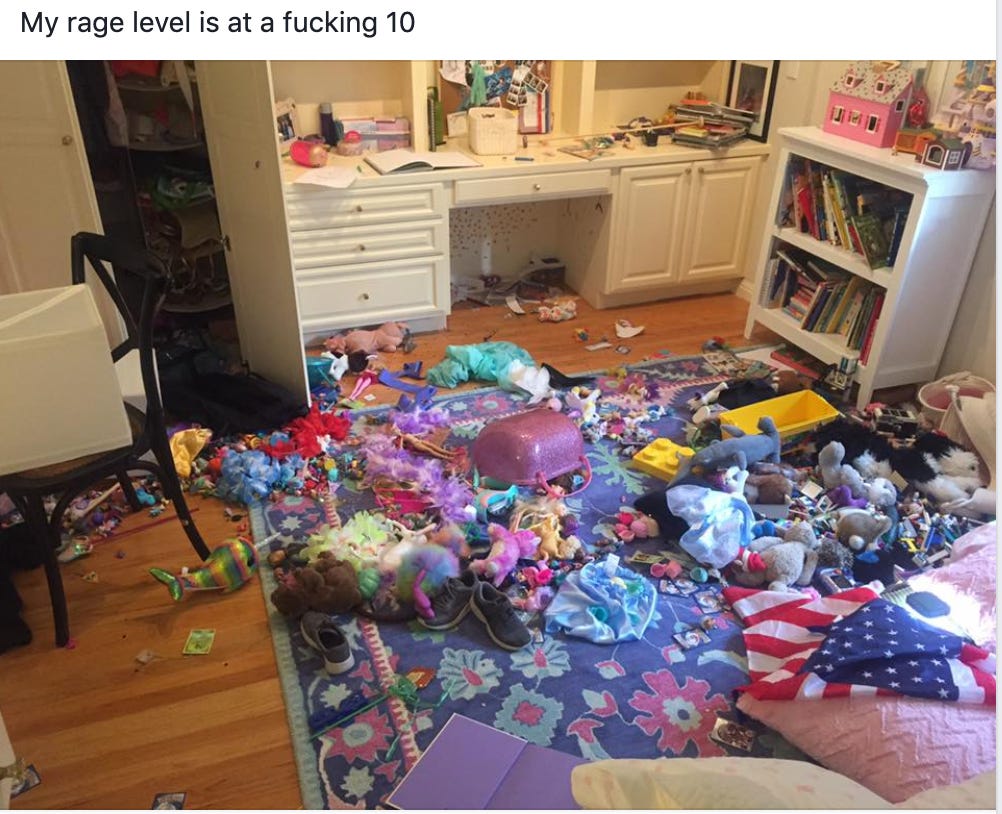
*
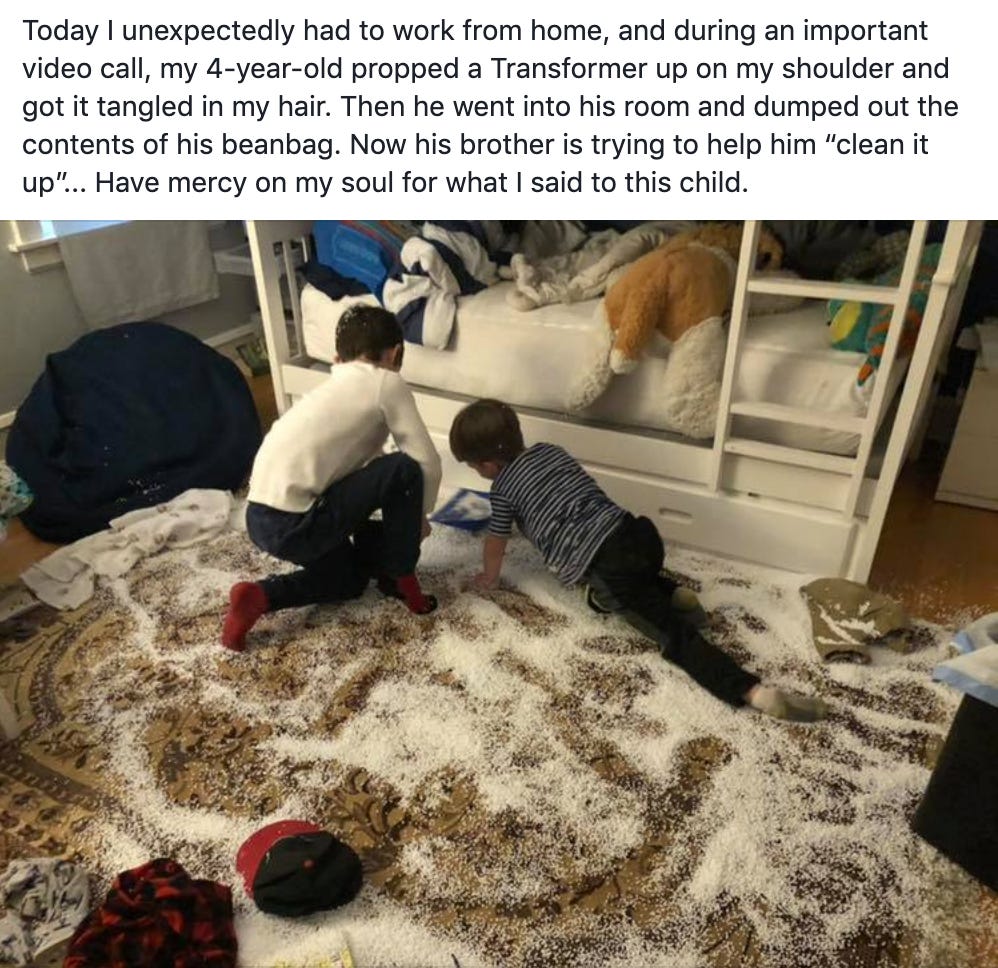
*
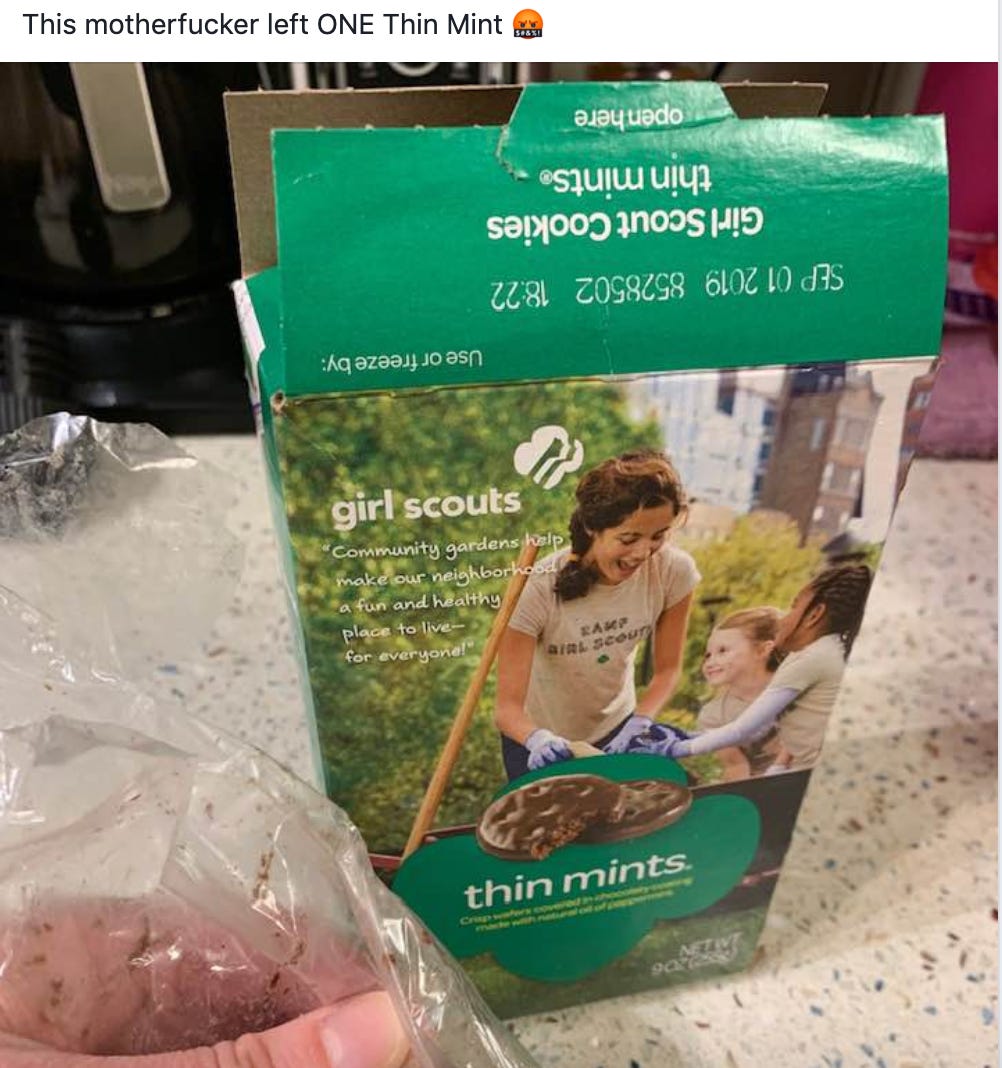
Parenting: How much rage is accurate?

So, I spanked my kid last week, in frustration. I won’t justify it. It sucked. I sucked. I lost control after many hours of us devolving in tandem. He wasn’t injured and seemed, maybe infuriatingly, to not even notice it happened (if anything, it was my manic loud sarcasm that upset him more.) But the whole scene was not good parenting and a bad use of my energy.
I’m certainly not one of those moms who thinks spanking or other forms of physical discipline are a good old fashioned parenting technique--like, there are those people out there who seem to think that you should administer spankings at breakfast, lunch and dinner as a baseline measure, and that not-spanking is an indicator of society’s decline.
But I know better than to Google any sort of justification for losing my cool both physically and verbally. I don’t need to punish myself by seeking out the feedback from experts (and “experts,” whose children are often 8 months old, grown, or nonexistent) who basically say that parents should never react to their children in anger. Gentleness only!
That’s a nice theory but I don’t understand the circumstances under which this is supposed to happen. I don’t know any mom who doesn’t lose it sometimes, who hasn’t kicked the toy she has been walking around all week, or thrown the plate of unfinished and extensively whined-over food in the sink, or slammed the car door shut after standing in the rain in a crowded parking lot trying to buckle a screaming, thrashing kid into a carseat.
My most necessary mom friends also live in, or at least understand, the in-between place of aspiring to be patient and gentle mom who also loses her shit sometimes.
Here are a few things my friends have told me about being angry at their kids:
“Last week, both of my girls were being so insane in the bath (pushing each other, yelling, etc) and I finally got so frustrated that I left the room, closing the door, ahhh, firmly, and with strong word choices, shall we say. And accidentally locked it behind me. Had to go get my husband out of our other bathroom to come pick the lock and free our naked screaming children.”
“I was filled with blinding rage this morning when my kid wanted a toy from his room, my husband went to get it, even though he doesn't know where anything is (he gets a pass for this only because he had cancer treatment for a year and basically never went into the kid's room), and my kid refused to go downstairs and show my husband where the toy was, yet kept yelling at him. I marched the damn kid downstairs and made him show my husband where it was. And I was really mean about it. I am so sick of that kid constantly refusing to do anything he is asked to do. I hate 3 year olds.”
“#1 thing to make my rage go from 0 to 60: my children eating lunch. Between the standing on chairs, crumbs on the floor, talking with mouths full, spilling of things, arguing, talking, and basically doing ANYTHING but eating, I lose my shit in under 5 minutes.”
“I am constantly angry, and that’s despite going to therapy once per week for the past 8 years. I feel like the state of the country is underlying a lot of my anger and it comes out at home because I also am constantly under water at work and with other responsibilities.”
“Kid will be three next month and has been such an asshole lately. I wish I could be the calm, grounded parent that I've been told people think I am. Last night after multiple attempts at coercion and negotiation in the bedtime routine, I was like FUCK THIS and I physically held him down to brush his teeth... Luckily screaming does help keep the mouth open. The rage is real, it's primal, and holy shit it takes all of my self control sometimes not to act on my murderous impulses.”
“My kid is 2 and won't nap at the moment and the rage it incites makes me think maybe parenting isn't for me.”
“My 8-year-old was a terrible listener this morning, flat-out disobeying me when I told him it wasn’t time to use the computer. I probably wasn’t using the most awesome tone when I talked to him about this, so I kind of escalated the situation, but he ended up smacking my leg in anger so I reneged on the planned frozen yogurt outing we had today. So now I feel guilty because I tend to end up feeling guilty about everything. It’s a great start to the day.”
“The lead-up to three took years off of my life, I swear to god. My normally cooperative son would kick walls and when I gated him into his room for a time out, he’d piss himself in retaliation.”

So, what’s going on? Is this rage normal, or does every single one of my friends need to take state-administered parenting classes?
I wanted to speak with a sympathetic, empathetic professional about such things so I turned to two witch experts: Dr G., MD, a psychiatrist in New York City, and Jessie Schlosberg, a Licensed Clinical Social Worker in Greensboro, NC., both of whom are moms to two young kids—I.E., they both understand anger towards children.
Here are some of the takeaways from our conversations about rage I found most helpful:
When is anger towards your kids normal versus something to be concerned about? While Dr. G. says there is no clear-cut answer, in her field, when considering whether a patient meets the threshold for a “disorder” warranting medication, psychiatrists like to think about functionality and level of distress. If you’re a little bit anxious here and there, lose sleep sometimes but you’re mostly fine, it’s generally okay. But if you have depression that causes you to miss work, or to not want to leave the house, or it’s terribly distressing, then you have more of a problem. The same goes for rage. Dr. G observes that some parents appear to have an all-or-nothing approach to parenting that follows a similar pattern to dieting, which can lead to cycles of unhealthy binge eating or — or binge raging: “Either ‘I ate grilled vegetables and quinoa all day, every day, or it’s ‘Ah fuck it, I fell off the wagon and ate 15 bags of Doritos.’ She says it’s easy to get in the same frame of mind with parenting. “You’re either going to be a totally empathetic, kind, benevolent parent, or ‘I’ve had enough of this,’ and then you’re binging on your rage, and when you’re mad, it's all encompassing and you’re letting it all hang out.” In other words, anger is like cookies: expecting to constantly suppress your urges isn’t healthy, but neither is finishing the bag just to punish yourself and those around you.
Dr. G is in favor, no surprise, of therapy for mothers. “Some people have other moms they can turn to in real life, while others benefit from discussing it with other like-minded moms online. You need an outlet, and sometimes you need professional help. There are people who see that as a failure of parenting, like there’s something wrong with them. There is still so much unnecessary stigma behind it. Whether it’s going to a moms group run by a social worker, seeking out your own personal psychotherapy, going to parenting training – it’s all usually pretty helpful for dealing with that unique brand of parenting-associated frustration and anger.”
Are you breaking your child when you lose your shit on him? There is no simple answer, but Dr. G observes that if you are the type of parent that loses your shit occasionally (as opposed to all the time), it may actually be a learning opportunity for your child. “These occasional outbursts could help kids understand that adults can have big feelings, too, and as long as you use it as an opportunity to model an appropriate response and to repair it, I think the message to kids is that anger is a normal emotion that we all have and are all working on trying to channel more productively. ‘Mom was really angry and I’m sorry that I yelled at you . I am going to work on using my words better next time.’ If it’s something we can acknowledge and talk about, it may actually encourage your kid come to you the next time they are angry and worried about losing control.” If you can acknowledge that there are times when you lose your temper and can come to terms with it, you may be less likely to act on it in the future.
Screw off, sanctimommies: Dr. G says that one can argue that if you don’t demonstrate any anger or negative emotions towards your kids, you may be setting them up for difficulties later in life. She references the idea of the “Good Enough Mother”: “The idea in infancy is that early on you are attuned and meeting a child’s needs all the time. As they get older, you leave the infant to cry for a period before you step in so that they develop the capacity to tolerate momentary distress and to learn to soothe themselves. If you are ‘too good’ at meeting the child’s needs, they will never develop the skills and confidence to do things for themselves and to tolerate difficult feelings,” she says. “If kids never feel that experience of ‘Mom’s mad at me,’ they will have an unrealistic expectation of how the world around them is going to act. If we, as moms, love them and we’re still getting pissed at them every now and then, isn’t it better for them to learn how to deal with this before they go out into the world and encounter people who are not going to be so benevolent and forgiving towards them?”
Schlosberg and Dr. G and have their methods for dealing with rage. Schlosberg tends to walk away from a tantrumming child, count to 10, or drink a very cold glass of water at tough times. When Dr. G feels her anger escalating, she tries to turn things around and partner with her kids. “I say ‘Guys, I’m asking you nicely, I don’t want to get to the point where I start getting mad. Tell me how we can get this thing done so that I’m not going to feel like I have to yell at you.’” Sometimes she takes a break and leaves the room. She’s had some success with tapping pressure points via the Emotional Freedom Technique. It may make you feel better to know that none of these are foolproof. “There are days when I tell myself ’I’m not going to yell today, I’m not going to yell today...,’” says Dr. G. “And then, ‘Oh fuck, I yelled!’”
Premenstrual rage is real. The day I spanked my child, my period had started just a few hours earlier. Dr. G recommends strategizing around it. “If you know that your period is coming on and that this is a particular vulnerability for you, you can stack your day so it’s a little less stressful or you can incorporate more activities that you enjoy.” Save the big fancy homemade meal or the after-school trip to buy new kids’ shoes for the week after your period, in other words.
Be aware of your triggers and work around them, advises Schlosberg. Bathtime is her trigger. “I can’t stand to get involuntarily wet: Just imagine two giggling and splashing kids, one splashed mom, and lots of screaming. Not fun for anyone.” Even though in a perfect world she’d rather save the time and water and bathe her kids simultaneously, “I have found that it is worth the extra time and bath water to have separate bath times and to alternate kids with my husband. Totally worth saving my sanity.” Also, she advises working with your partner to delegate your most rage-inducing tasks. “If meals are your trigger, but you don’t mind baths, help each other! Teamwork makes the dream work, am I right?”
You can mitigate future instances of rage by doing a postmortem on your last anger episode,” Dr. G says. “Some elite athletes watch old videos of their own missteps in the hopes of improving future performance, and doctors at the top teaching hospitals attend morbidity and mortality rounds, in which they examine cases with negative outcomes in the service of upping their medical game.” If you revisit your rage when you’re in a calm, rational state of mind, and think about what you could have done differently, it can help you in the future. “The next time you start going down that path of freaking out over something, you can say to yourself ‘Let me think about what I was thinking when I was in a rational state of mind and use that to better tolerate this this episode of rage, anger, disappointment, whatever it is,’” she says.
Looking back on my own personal night of losing it, I can identify that a.) I’d had a glass of wine, which is not good for my mood when I’m premenstrual. b) I’d allowed a neighborhood kid to drop by at dinnertime un-announced on a night when my husband was out of town, which riled me up c.) I kept going into my kid’s room to try to get him to stop hollering during bedtime, which was not effective. In the future I could skip the booze, set better boundaries with the neighborhood kid and maybe put a white noise machine in the hallway so I could better ignore the hollering.
What about medication, of any kind? Regarding antidepressants, CBD, and beta blockers, Dr. G says “Sometimes depression, anxiety, and pre-menstrual dysphoric disorder can manifest as irritability or increased emotional reactivity, and antidepressant medication can ameliorate this.” Everyone is different, so antidepressants and beta blockers are obviously something to discuss with a doctor. Regarding, CBD, she says, “I don’t have enough data or personal experience to recommend it, but if people find them to be anecdotally helpful then I don’t generally try to dissuade them from using it.” She does caution, however, that due to the unregulated and heterogeneous nature of cannabis strains and data on potential long-term negative consequences like amotivational syndrome, cognitive effects, and psychosis, she does not believe pot is the solution to managing your rage.
What do you do when your partner tries to swoop in? “This is such an issue,” Dr. G says, citing this very reassuring paper by Donald Winnicott (the originator of the “Good Enough Mother”) wherein he provides a list of reasons why a mother may hate her baby, including “After an awful morning with him she goes out, and he smiles at a stranger, who says: ‘Isn’t he sweet!’” It sucks when you’ve been doing all the heavy lifting and being the big old bitch and your partner comes home and gets to be the good guy. She says it happens in her own marriage, and her best advice is to communicate (at a calm time) with your partner about your parenting philosophies, acknowledging that you will have both shared and divergent views about issues like discipline. In her marriage, the agreement is that unless the situations is seriously dangerous, the co-parent will maintain a respectful distance while the other is in the midst of disciplining their children. Otherwise, when a spouse tries to step in between an angry mother and child, it can escalate things or feel undermining. The key, she believes, is to find a mutually convenient (and considerably less tense) opportunity to discuss the incident afterward. Once you’ve debriefed together, she says, “If it happens again and you have a conflict, you now have a shared framework and context for addressing it and you can say, ‘We talked about this and, look, it’s happening again. Remember how I said it feels bad when you step in and make these types of comments? Can we work together to change this?’ It feels more collaborative.”
What if you’re the swooper? Keep the above perspective in mind, advises Schlosberg. “My husband stays at home with the kiddos while I work. I feel that I get off easy with this arrangement! Staying home is so challenging, even with good kids,” she says. By the time she gets home from a 10 hour work day, her husband is exhausted and it’s her time to tap in: dinner and bedtime are on her. “I know that I need to get my head right so I’m ready for the stampede when I walk in the door. I like to take a few minutes before I walk in to take some deep breaths, or call my mom, or stretch my arms over my head. Then when I’m ready I walk in, prepared to get tackled by two adoring children, and it’s game on.”
So my takeaways from these conversations is that it’s absolutely normal to lose your shit as a mom from time to time. It never feels good, but it’s not a sign you’re defective or that you are hurting your kid. “Anger management is a skill that we must learn, just like reading, walking, and riding a bike. It is a serious task of childhood, which requires ongoing attention throughout the lifespan,” says Schlosberg. “Talking to your children and demonstrating appropriate coping skills are wonderful ways to improve your relationships and communication with those closest to us.”
In other words, you’re not a terrible mother for getting very angry sometimes. You’re just a mother.

End credits
Thanks for reading Evil Witches, a newsletter for people who happen to be mothers who are really not angry ALL the time. (The rest of the time we are eating!) The next one will be funnier and lighter, promise. If you have input on today’s newsletter or on anything in particular you can follow us and chat us up here. If you're interested in possibly submitting or have any general questions just shoot us an email. If you know someone who'd like this sort of thing in their inbox about once a week, please spread the word. Here are some testimonials we’ve gotten lately. Encourage your friends to join the coven!






One Witchy Thing:





